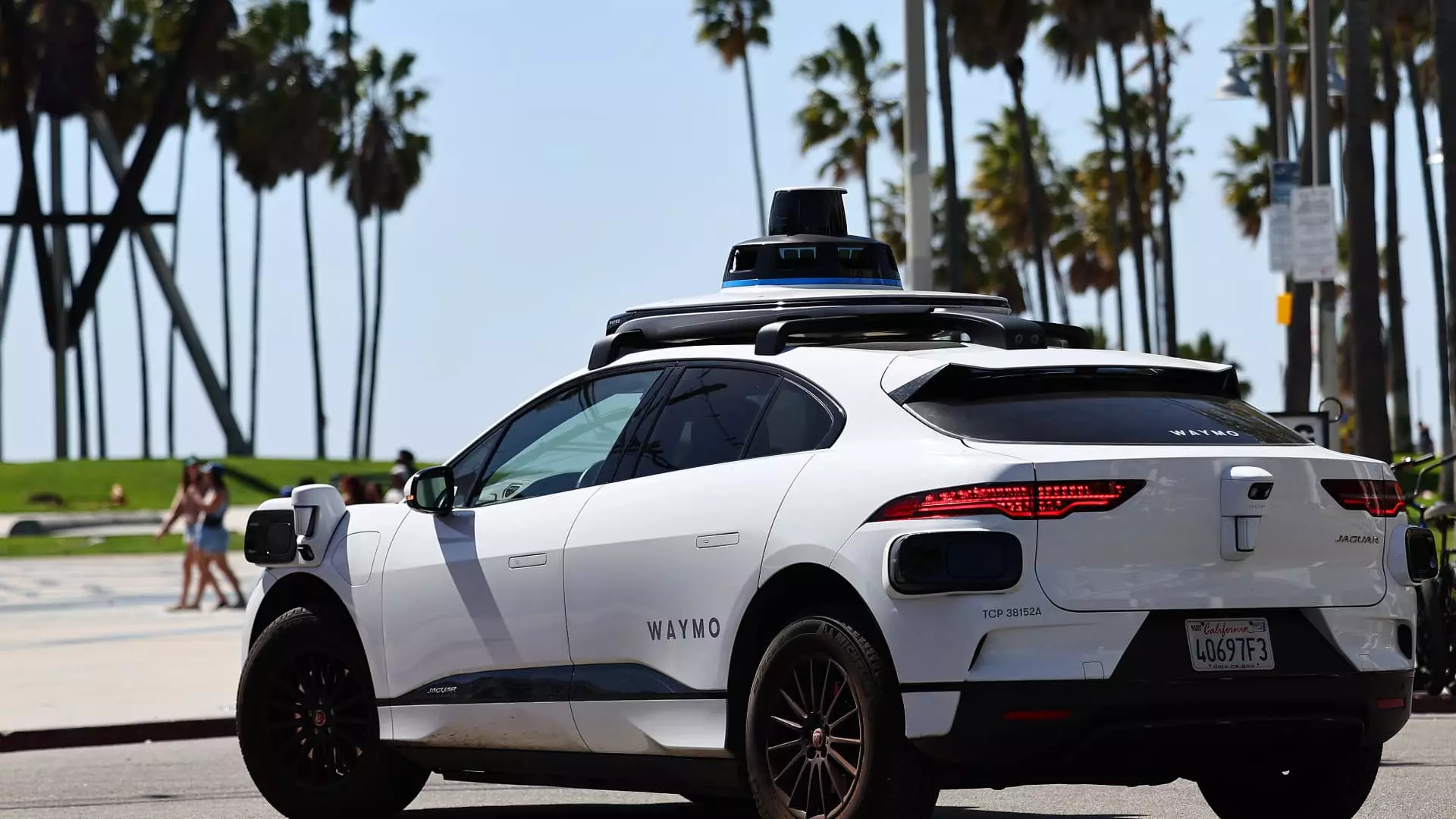In a significant stride towards reshaping urban transportation, Waymo, the self-driving arm of Alphabet Inc., has successfully closed a $5.6 billion funding round aimed at broadening its robotaxi service footprint across major U.S. cities and potentially beyond. This considerable financial backing marks an important juncture for Waymo, which has carved out a pioneering presence in the autonomous vehicle sector, particularly in metropolitan hubs like Los Angeles, San Francisco, and Phoenix.
The recent funding round not only highlights the confidence that investors place in Waymo but also illustrates the increasing competition in the autonomous vehicle market. Alphabet’s leadership in this Series C investment—along with notable firms such as Andreessen Horowitz, Fidelity, and Tiger Global—has significantly augmented Waymo’s total capital raised to over $11 billion. This substantial investment further emphasizes Alphabet’s multiyear commitment of up to $5 billion, illustrating its long-range vision for the future of mobility.
Given that this funding round follows previous raises of $3.2 billion and $2.5 billion, it is evident that Waymo’s financial foundation has been structured to allow for aggressive expansion and technological advancements. This level of funding indicates that investors believe Waymo’s systems possess the potential to disrupt traditional transportation methods, positioning them at the forefront of the autonomous vehicle revolution.
Waymo co-CEOs Tekedra Mawakana and Dmitri Dolgov have articulated a clear vision for using the new capital by ramping up their Waymo One ride-hailing service, particularly through collaborations with partners like Uber to extend operations into cities like Austin and Atlanta. Such partnerships not only propagate Waymo’s service reach but also enhance operational efficiencies. The promise of 100,000 weekly trips in current operating cities demonstrates their capability and an increasing user base, which is essential for garnering trust and acceptance among potential riders.
The urgency of expanding their service to areas beyond the “sunbelt” is underscored by their plans to test self-driving capabilities in more challenging weather conditions across various states, including Michigan and upstate New York. By doing so, Waymo aims to dispel common reservations about the reliability of autonomous systems in less predictable environments, which is key to broader adoption.
Despite significant advancements, the deployment of autonomous vehicles is not without its challenges. Public skepticism remains high, as evidenced by survey results indicating that nearly two-thirds of respondents express reluctance towards driverless vehicles. For Waymo, overcoming these mental barriers is as crucial as technological advancement. Although the company claims its vehicles have a lower incident rate compared to human drivers, public perception is hampered by incidents involving their vehicles, such as unexpected traffic stoppages or navigation errors.
The specifics of these incidents can’t be easily brushed aside, as they raise legitimate concerns about the safety of a technology that is still evolving. Waymo’s proactive initiation of software recalls showcases its commitment to continuous improvement, aiming to ease public anxieties that have been heightened by accidents involving other firms in the field, such as GM-owned Cruise. With a competitive landscape that often features high-stakes incidents, it is imperative for Waymo to not only develop innovative solutions but to also maintain transparency in addressing safety issues.
Waymo’s strategic alliances are particularly noteworthy, with partnerships such as the one with Hyundai to incorporate the Ioniq 5 electric vehicle into their fleet. This collaboration aims to enhance the overall technological sophistication and sustainability of their robotaxis, positioning Waymo competitively against other players like Tesla, which has consistently touted its ambitions in the driverless ride-hailing arena.
The introduction of the Geely Zeekr, equipped with Waymo’s proprietary AI and sensor technologies, further illustrates the company’s relentless pursuit of innovation. This next-generation robotaxi is expected to elevate not only operational capabilities but also passenger experience, enhancing public perception of autonomous vehicle services.
As Waymo forges ahead into uncharted territories within the autonomous vehicle space, it remains vital for the company to cultivate consumer trust, effectively address safety concerns, and navigate the regulatory landscape. The success of Waymo’s ambitious expansion hinges on its ability to adapt to challenges and maximize opportunities in an industry that promises to redefine how urban transportation is perceived and experienced. With significant funding and strategic partnerships in place, Waymo is poised to lead the charge as cities evolve towards a more automated future.


Leave a Reply